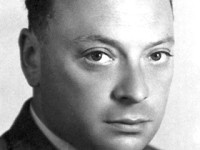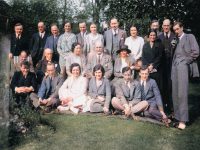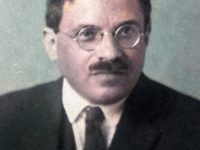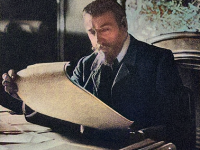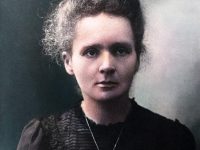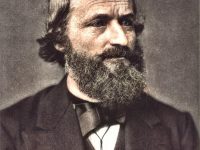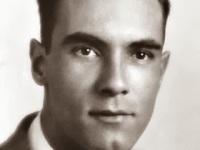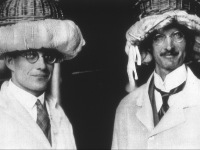Wolfgang Pauli and the Pauli Principle
On April 25, 1900, Austrian-born Swiss theoretical physicist Wolfgang Ernst Pauli was born. Pauli is one of the pioneers of quantum theory. In 1945, Pauli received the Nobel Prize in Physics for his “decisive contribution through his discovery of a new law of Nature, the exclusion principle or Pauli principle.” The discovery involved spin theory, which is the basis of a theory of the structure of matter. “At the dawn of religion,…
Read more

